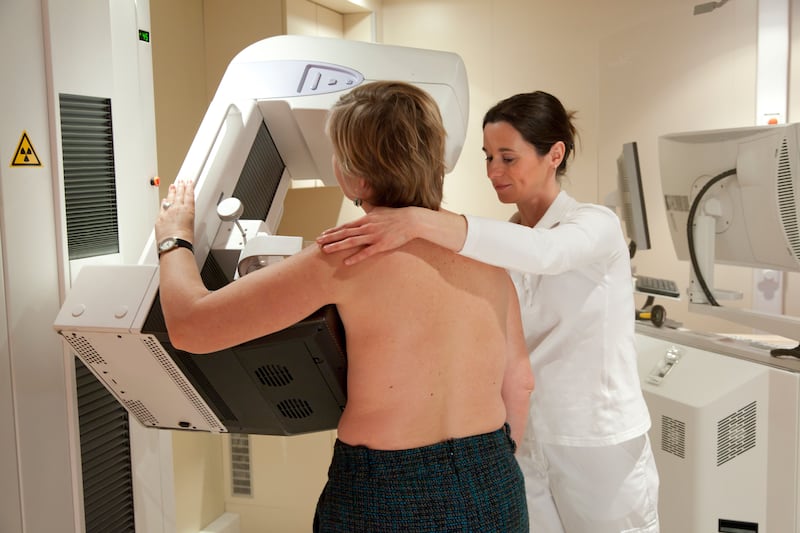Last week the BBC health correspondent, Marie Louise Connolly, reported that women waiting for their initial breast cancer assessment appointments with the South Eastern Trust have had appointments delayed due to a new patient record system.
It is deeply concerning that 378 red flag breast patients are waiting to be seen. It is unclear how long these women have been waiting. The Department of Health’s target for breast cancer referrals is two weeks but one woman who contacted the BBC had been waiting eight weeks.
According to the trust, the launch of the new digital patient record system, ‘Encompass’, had regrettably temporarily lengthened some appointments.
Bizarrely, they went on to explain that the introduction of the new digital system had resulted in “a temporary limited impact on the number of patients who can be seen, but the main reason for the delay was surge in demand, compounded by staff shortages”.
Why has the introduction of a new electronic patient record system caused delays? What exactly has gone wrong? How many appointments have been impacted by this system roll out? Why are women living in this geographical area being expected to accept sub-optimal care?
Department of Health officials have told Stormont’s health committee that breast services are under significant pressure. The statistics on waits were described as “shocking”. Significant regional disparities were highlighted with 100% of urgent referrals in the Western Trust meeting the 14-day target compared to just 8% in the South Eastern Trust. This is an extremely worrying.
However, there was no detailed explanation or interrogation of these figures, other than a passing reference that the new system had “led to some delays” in the South Eastern Trust.
If all women in Northern Ireland are to receive the best possible breast cancer care and treatment, it is imperative that glitches are identified and problems ironed out
One might have expected that this glaring inequity would have been the subject of extensive discussion. How can services be improved without rigorous scrutiny of these huge variations?
In their statement the South Eastern Trust stressed that they were “working tirelessly with regional colleagues, to reduce the number of patients waiting for red flag breast assessments as we completely understand the distress this can cause not just to them, but also to their families”.
The trust went on to note “that a red flag referral is to rule out cancer and on average, 3% of breast assessment patients will be diagnosed with cancer”.

This is completely tone deaf. Receiving a red flag referral for breast cancer is deeply distressing and can cause considerable anxiety and despair. For many women and their families life is on hold until they get a diagnosis. They simply want cancer ruled in or ruled out.
Of course, it is human nature to think the worst and catastrophise about the future. The 3% figure is cold comfort to those facing an uncertain future. The psychological distress of delays, poor communication and a perceived lack of urgency is hard to overestimate. In breast cancer treatment early assessment and diagnosis is crucial. Diagnostic delays are associated with poorer clinical outcomes.
Confidence and faith in our healthcare providers is essential. This type of confused messaging is harmful as it erodes trust in the system. Transparency and accountability are essential. A duty of candour means that providers should be open and transparent with the users of the service.
There is no doubt that Encompass, the programme that can create a single digital care record for every citizen in Northern Ireland, offers huge potential to ensure a more efficient system. Having one digital record means that information does not have to be stored in multiple systems. The time needed to access information can be reduced and the need for paper records eliminated.
However, these enhancements should not come at a cost to women’s physical and mental wellbeing. One would expect those charged with rolling out a new online health platform would ensure that appropriate safeguards were in place. What lessons have been learned from this episode and how can we be satisfied that problems will not recur?
This system is due to be rolled out on a phased basis to the other trusts over the next two years. If all women in Northern Ireland are to receive the best possible breast cancer care and treatment, it is imperative that glitches are identified and problems ironed out.
Safeguards should be in place to mitigate against any teething problems. This is literally a matter of life and death.










